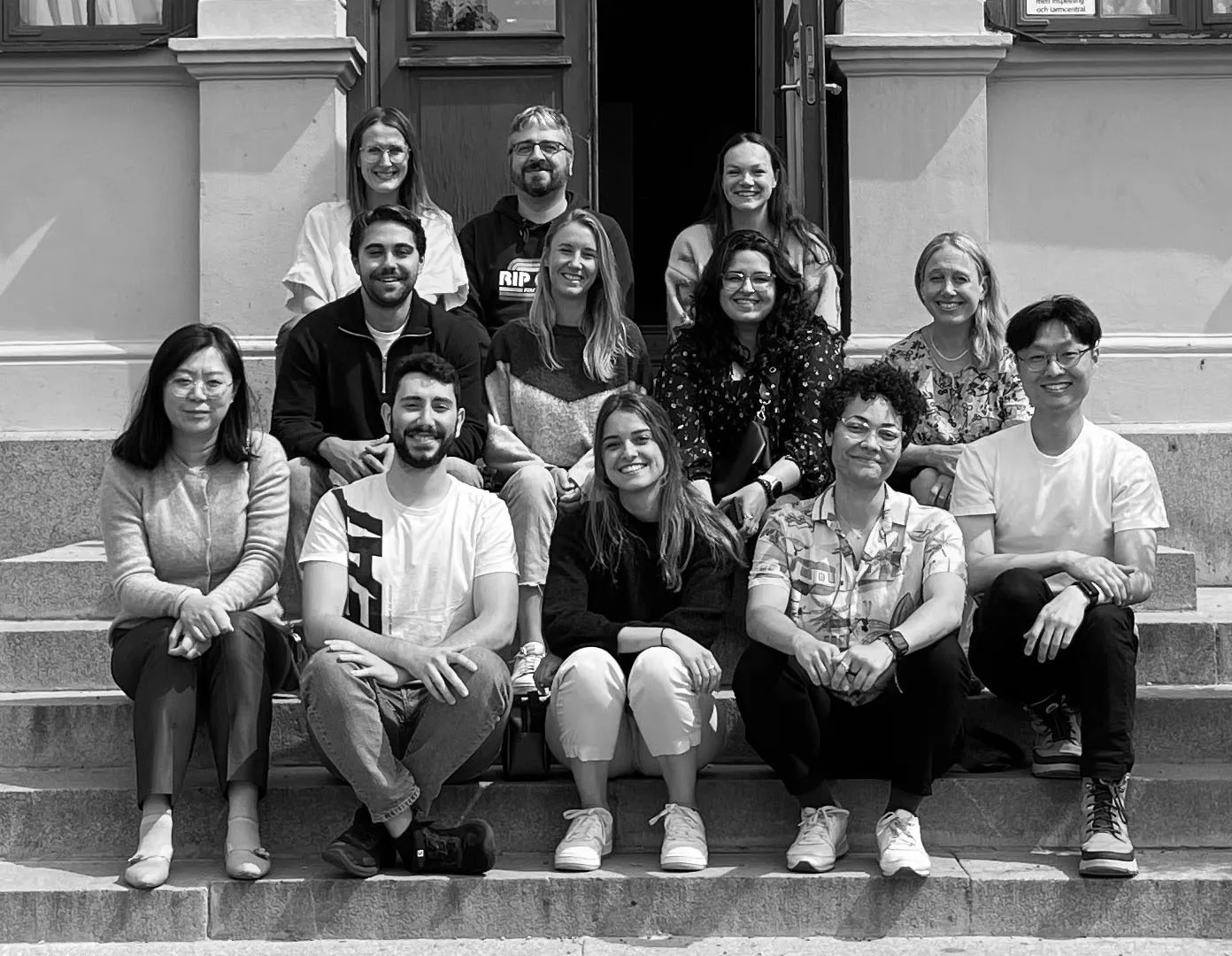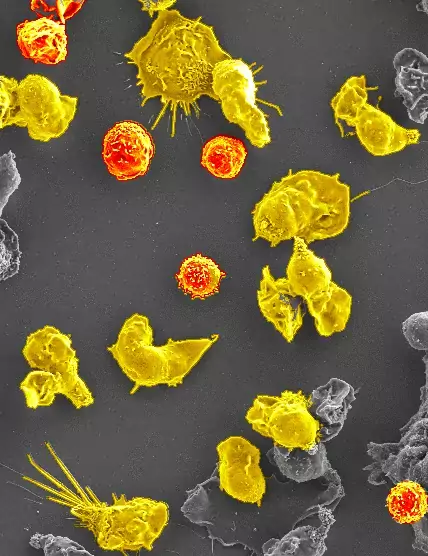
Understanding the Immune system by studying Immunodeficiency Diseases
Primary immunodeficiencies are diseases in which part of the body's immune system is missing or does not function properly. Most primary immunodeficiencies are genetic disorders and the majority are diagnosed in children under the age of one. Translational studies of primary immunodeficiency diseases in patients and gene-targeted experimental models have increased our understanding of critical mechanisms for correct function of the immune system and have revealed novel therapeutic approaches.
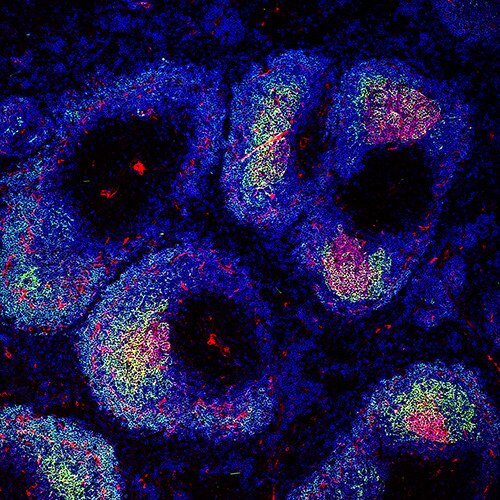
A journey from the cytoplasm to the nucleus with actin regulators in immune cells
We have focused on understanding the role of the evolutionary conserved WASp family of actin regulators and their interacting partners in immune cells. WASp is uniquely expressed in hematopoietic lineage cells and is mutated in two severe immunodeficiency diseases (Vieira, Pinho, Westerberg, Ped Allergy Immunol. 2023; Saeed, Record, Westerberg, Int Rev Cell Mol Biol 2020). Wiskott-Aldrich syndrome is caused by loss-of-function mutations in WASp and patients suffer from life-threating infections, thrombocytopenia, and are at risk to develop autoimmunity and cancer. In contrast to WAS, X-linked neutropenia (XLN) is caused by gain-of-function mutations predicted to lead to a constitutively-active WASp. XLN patients suffer from severe congenital neutropenia and are at risk to develop malignancies.
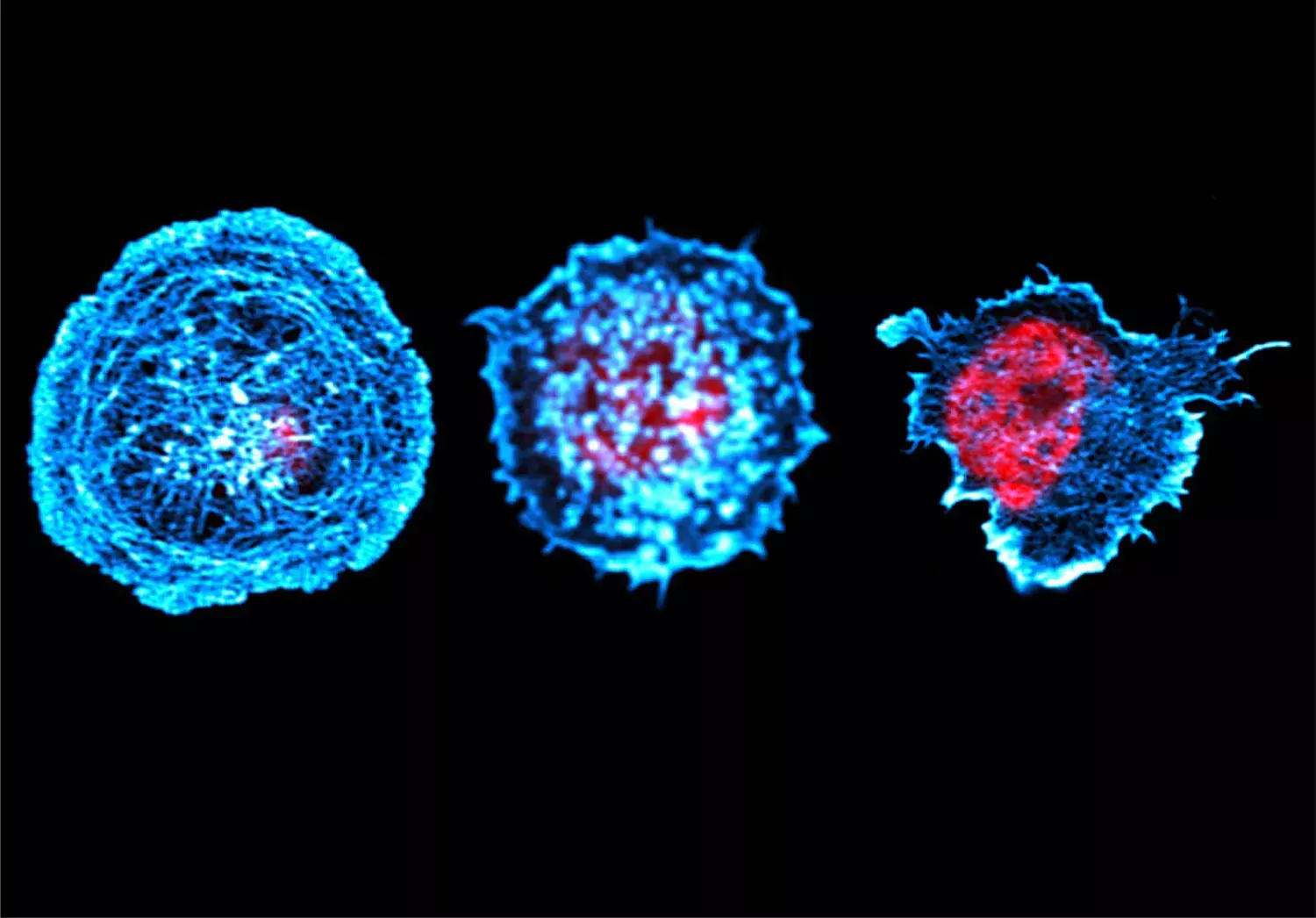
Recent data from our group and other groups challenges the view that WASp deficiency leads to hypo-responsive immune cells. Instead, our data suggests that WASp-associated immunodeficiency leads to a breach in tolerance by activation of the ‘wrong’ cells at incorrect sites (He et al, J Allergy Clin Immunol 2022; Kritikou et al, JCI Insight 2021; Keszei et al, J Clin Invest 2018; Baptista et al, Nat Comms 2016). Using patient samples and experimental models, we are currently investigating how WASp and its interacting partners coordinate receptor signal to gene transcription and chromatin remodeling in the nucleus. A focus is the role of nuclear localization of WASp family members and actin in immune cells (Record, Saeed et al, Front Cell Dev Biol. 2021; Kuznetov et al, Genome Med 2017). We here combine advanced tissue culture assays and flow cytometry, unique molecular biology tools, and high resolution microscopy.
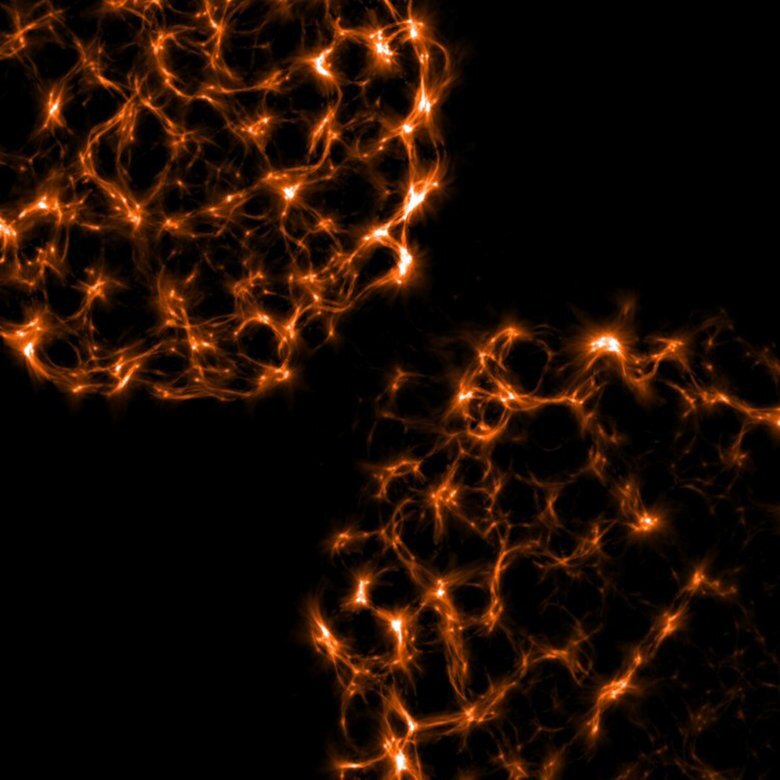
Immunodeficiency and lymphoma – two sides of the same coin?
We are using gene editing techniques of immune cells to understand the relation of cell transformation and specific genetic mutations identified in primary immunodeficiency patients and lymphoma patients. By analysis of the actin sensor MKL1/MRTFA, we found that its overactivity leads to changed expression of integrins and decreased cell-to-cell contact. This was associated with increased cell proliferation, genomic instability and lymphoma cell growth in vitro and in vivo (Record et al, Haematologica 2020). Increased activity of WASp in X-linked neutropenia leads to aberrant cell division and genomic instability of B cells and, interestingly, is associated with generation of more terminally differentiated plasma cells (He et al, J Allergy Clin Immunol 2021; Westerberg et al, J Exp Med 2010). We are using and collecting samples from primary immunodeficiency patients and pediatric lymphoma patients to understand clonal events at single cell level that lead to cell transformation.
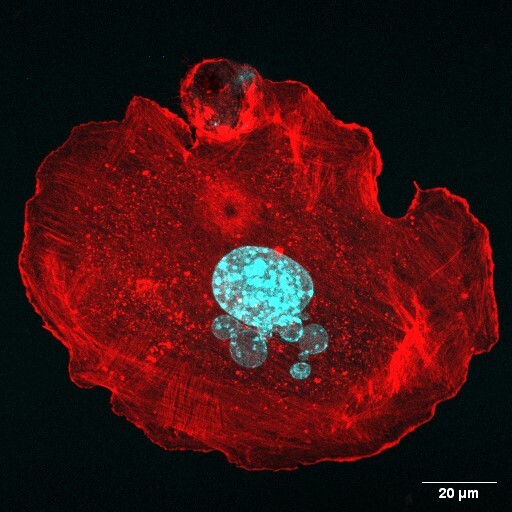
Finding new treatments based on experimental research
Based on our findings, we are testing if modulating actin regulators can be used in therapeutic approaches for Wiskott-Aldrich syndrome and in personalized and generalized cancer immune therapy (Oliveira et al, Br J Cancer 2023; Oliveira et al, J Leuk Biol 2022; Oliveira, Westerberg, J Leuk Biol 2020). We here make use of ex vivo drug screening combined with in vivo experimental models.
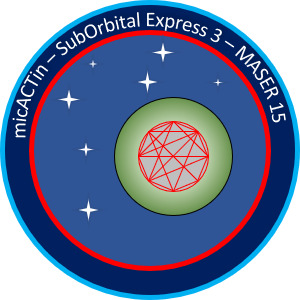
Immunodeficiency in extreme environments
Using our knowledge and methodology from studies of primary immunodeficiency and lymphoma patients, we have started to collect cells and samples from volunteers exposed to short term and long term loss of gravity (microgravity) (Gallardo-Dodd, Oertlin, Record et al, Sci Adv 2023; Jacob, Oertlin et al, NPJ Microgravity 2023). We are using transcriptomics and proteomics combined with high resolution microscopy to understand how immune cells and the immune system are affected in the absence of gravity.
Latest news
Latest news from the group
Support our research
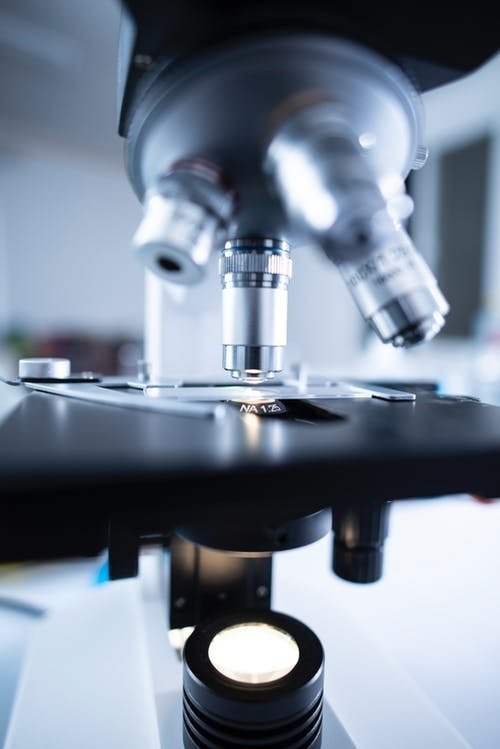 Photo: Chokniti Khongchum
Photo: Chokniti KhongchumMake a donation to our research at MTC
Your support means a lot to our success. This allows us to go further in our efforts to improve human health through research and education.
Read here how you can make a donation via Swish.

